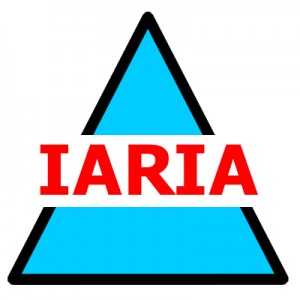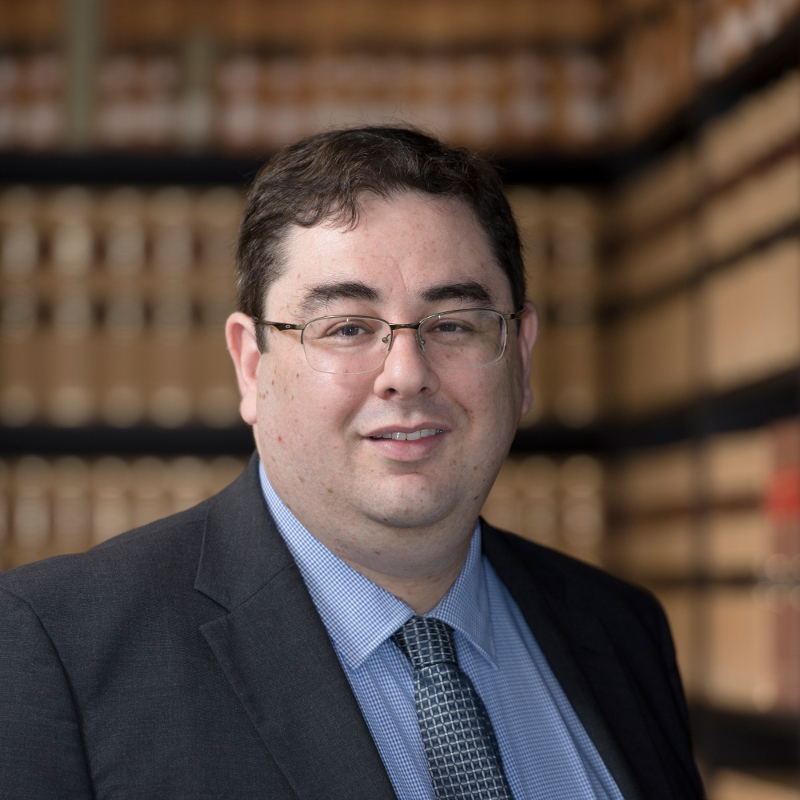 Abstract— It is through our mental models of the world that we understand it. Advances in science are nothing more than improvements to the model. This paper presents the development and refinement of our model of the research process as we seek to understand and improvement the process through three generations of case studies. We conclude by introducing an approach to help manage and plan research projects.
Abstract— It is through our mental models of the world that we understand it. Advances in science are nothing more than improvements to the model. This paper presents the development and refinement of our model of the research process as we seek to understand and improvement the process through three generations of case studies. We conclude by introducing an approach to help manage and plan research projects.
INTRODUCTION
This paper presents the results of three years of case studies focusing on researchers in a RAISER [1] setting and examining ways of improving productivity for now, whilst also capturing more knowledge to improve productivity in the future. Past work examined the use of Software Engineering by Computer Science Researchers [2] and created the RAISER/RESET Software Development Life Cycle [1] to meet the needs of the research environment. The RAISER/RESET approach split the long-term work into Research (carried out by researchers under a RAISER methodology) and Development (to be carried out by professionals engineers attached to an academic institution under RESET guidelines). The RAISER phase aims to increase productive for the research as well as increasing the amount of knowledge generated as a result of the work. The Development phase organises this data and reengineer software code to make it easier for other researchers to extend the existing work.
In this work we develop an approach that meets RAISER guidelines and experimentally tests it. Our hypothesis is that this approach can facilitate an improved research process i.e. allow researchers to work in a more systematic way, avoid potential pit falls, and improve knowledge transfer between themselves and others, and between their development role and reporting of output. All this requires that the approach has a low enough burden to encourage adoption. The null hypothesis is that the default unplanned approach is equally good and the only approach researchers find acceptable i.e. researchers see no benefit in the approach and it is either not adopted at all or found to be a burden with higher cost than value.
Our work uses MSc students at Lancaster University who undertook research projects between 2004 and 2006. As very early stage researchers, MSc students were seen as more likely to try new approaches. As students with hard deadlines and project that only last about 5 months they were also seen as being very discriminating when it came to their own cost / benefit analysis of potential tools. Successful adoption of a tool is itself a validation of a tool having greater benefit than cost.
Our case studies also involved surveys, interviews, observation and analysis of students’ final products. After each year analysis was conducted and our model and methodology
adjusted to provide an improved experience for the following years set of students and greater over all clarity about the RAISER enabled research process. Other factors such as literature and discussion with colleagues also influenced the development of the model between cycles. Our latest model and tool to facilitate its implementation (both presented here) may allow others to improve the way they assist research students, or indeed allow expert researchers to document and further improve their own approach.
We begin this paper by outlining the experimental design employed. Background on our case study based experiment is provided. We discuss the development of our model of the improved research process and how the results of our experiment have provided the rational behind a focus on knowledge transfer and critical reflection as a key part of the improvement process. The process model, a key tool to facilitate the improved model is introduced. We conclude with a brief discussion on the cost and benefit of our approach and its viability for real world adoption.
Read the full paper.
Full citation: Andre Oboler, Ian Sommerville, Simon Lock, Reflection: Improving research through knowledge transfer, in proceedings of the first International Conference on Software Engineering Advances (ICSEA 2006), Tahiti, French Polynesia, 29 October – 1 November 2006
